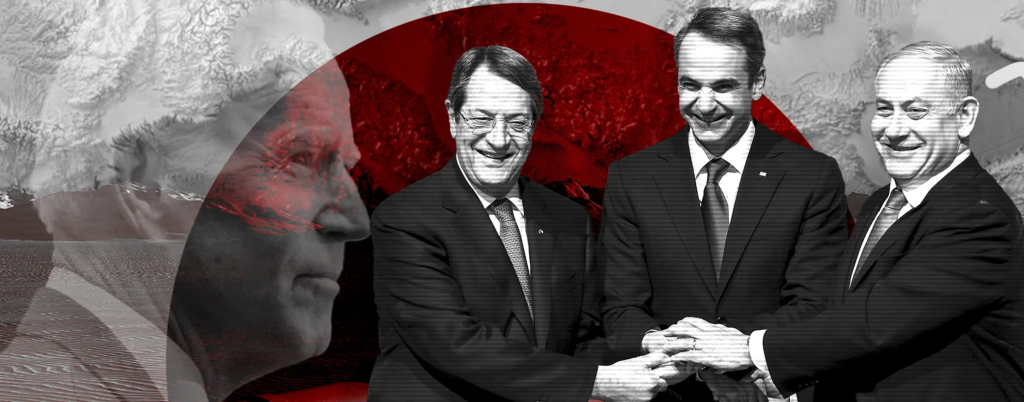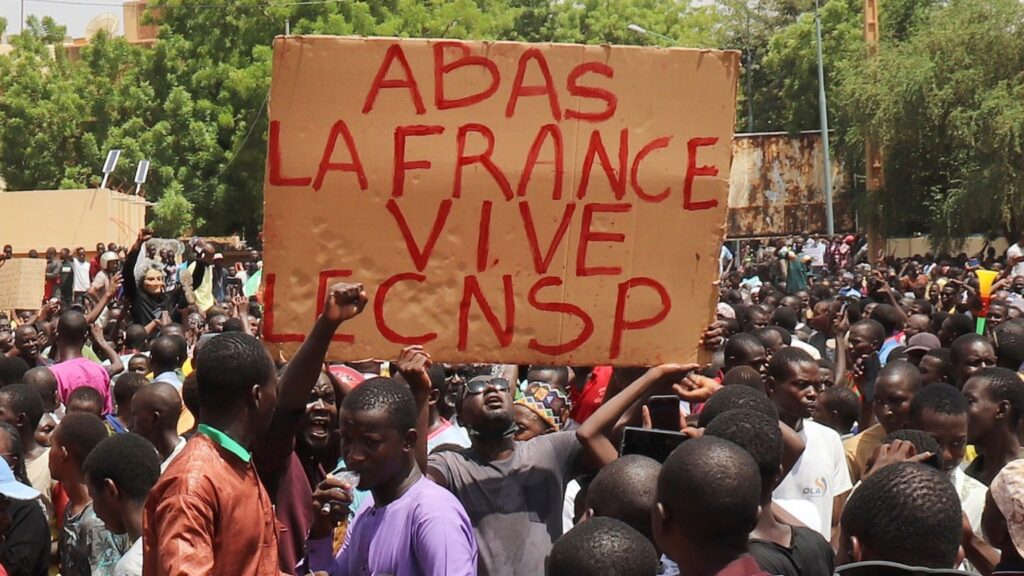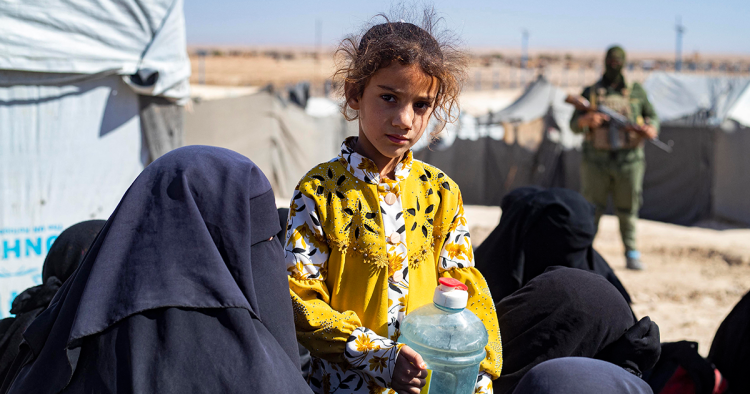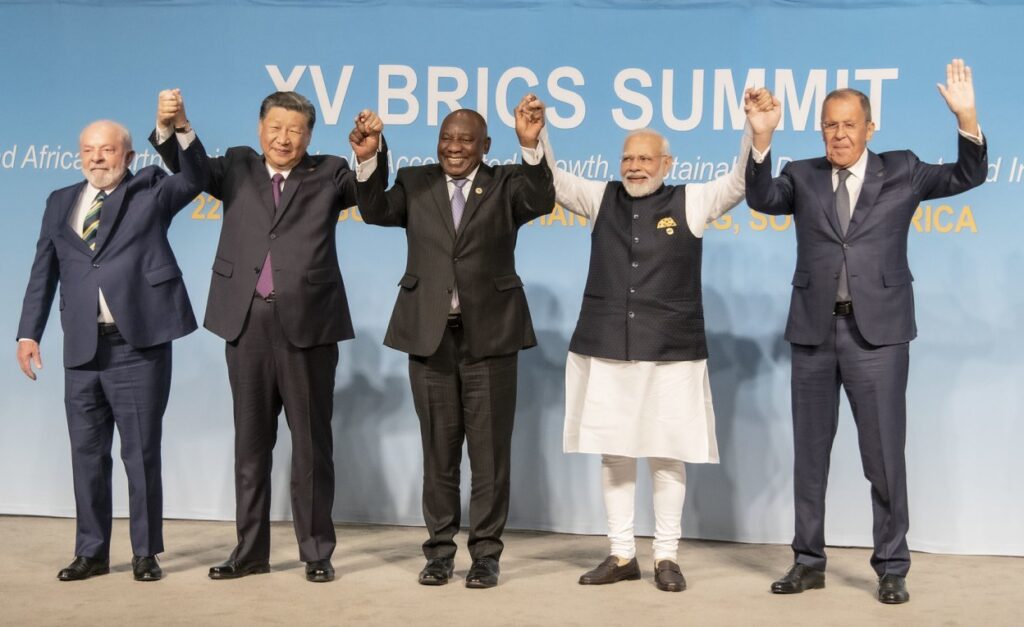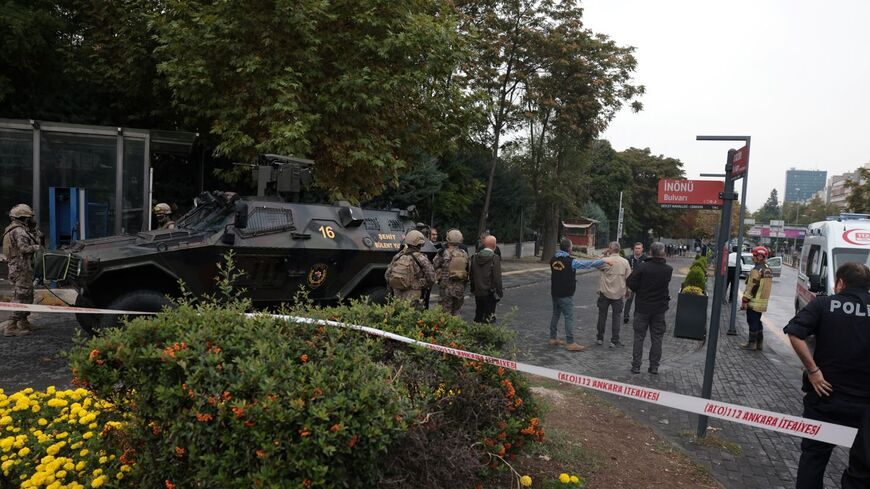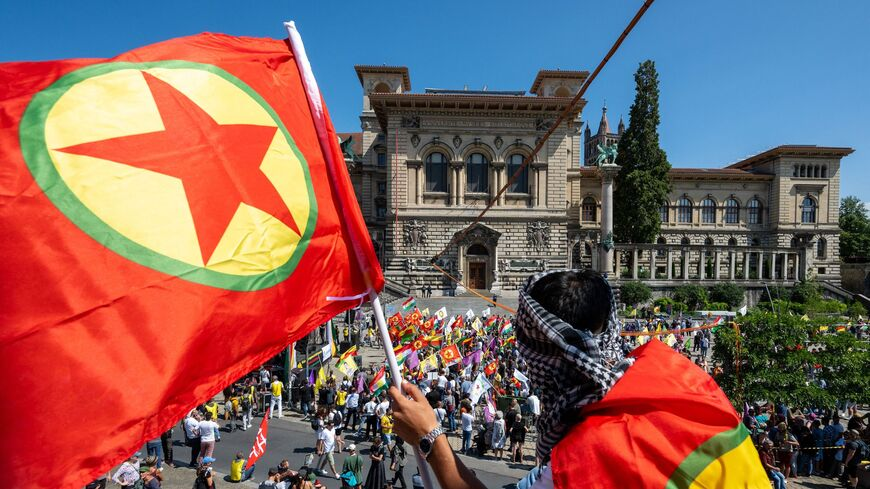A Geopolitical Quandary For The West
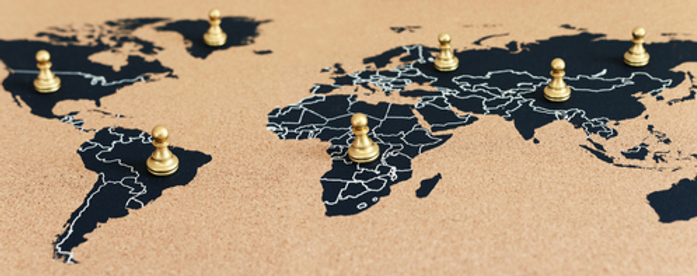
Abstract: Efforts to analyse the economic, political, and security trends to understand important aspects of the power transition process might have paved the way for broader research endeavours. However, the holistic international picture is yet to be shown. Taking a holistic view of geopolitics is necessary as it allows for a comprehensive understanding of global politics’ complex and interconnected nature. Geopolitics encompasses the study of how geographical factors influence political power and international relations. By taking a holistic view, we consider not only traditional geopolitical factors like territory, resources, and military power but also the cultural, economic, social, environmental, and technological dimensions that shape and influence global politics.

